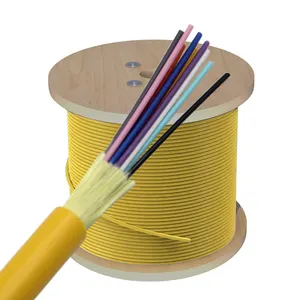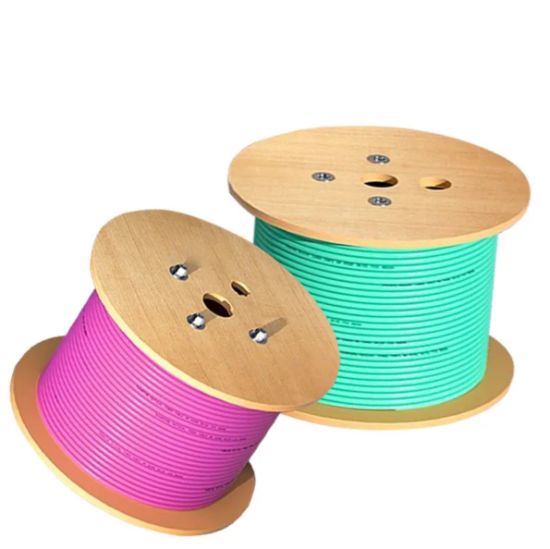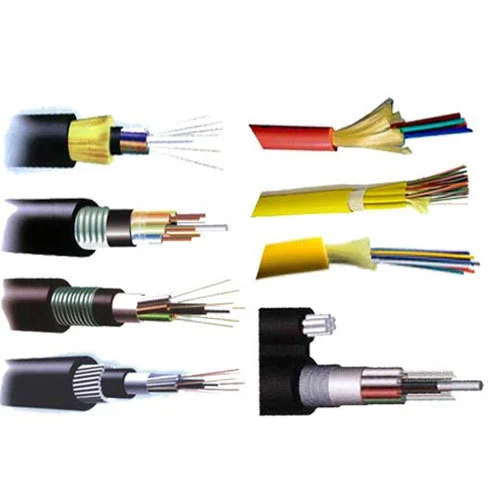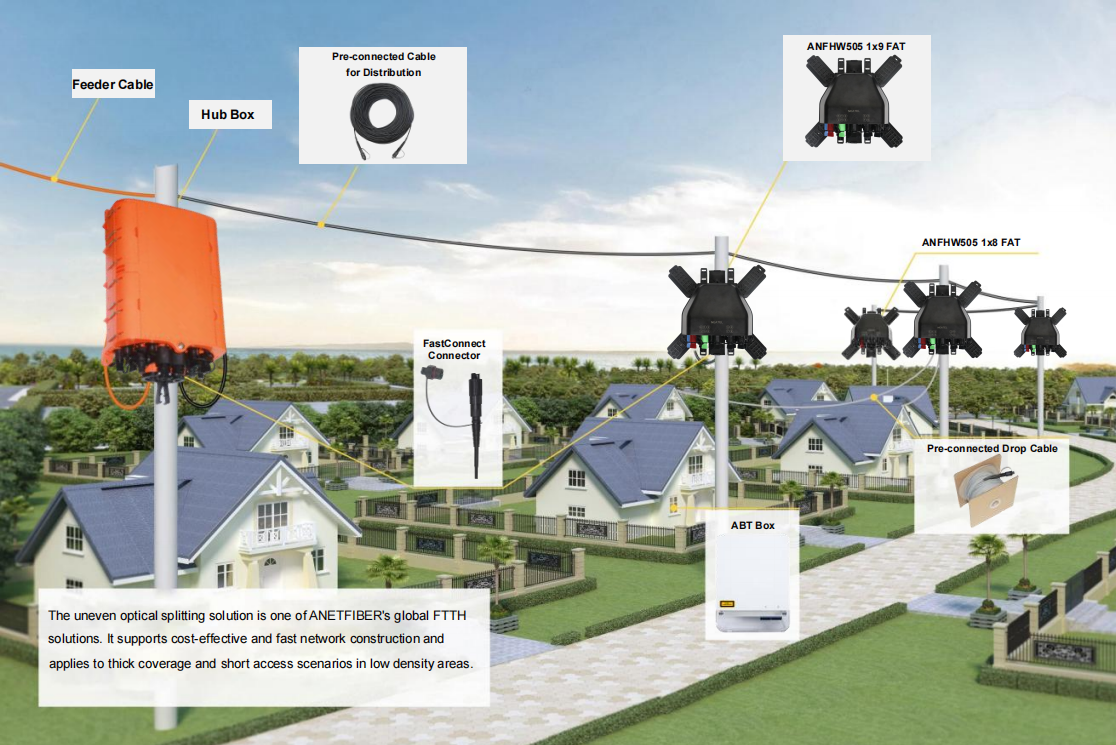2024: Cost-Effectiveness of Singlemode vs Multimode Fiber Optic Cables

Long-Term Maintenance Analysis
Impact of Long-Term Maintenance
Fiber optic cables are designed to withstand long-term usage, and the materials used in their construction play a crucial role in determining maintenance costs. The tight jacket and aramid yarn utilized in fiber optic cables contribute to their durability and resilience over time. This impacts the long-term maintenance costs, as cables with sturdy materials require less frequent repairs and replacements.
Comparative Analysis of Maintenance Costs
When comparing the long-term maintenance costs of singlemode and multimode fiber optic cables, it becomes evident that the choice of cable type directly influences the overall cost-effectiveness. Singlemode cables, known for their ability to transmit data over longer distances, often exhibit lower maintenance costs due to their simpler design and fewer components. On the other hand, multimode cables, while suitable for shorter distances, may incur higher long-term maintenance expenses due to their intricate structure.
Factors such as material quality, installation methods, and environmental conditions further impact the comparative analysis of maintenance costs.
Understanding these nuances is essential for making informed decisions about fiber optic infrastructure.

Cost-Effectiveness Comparison
Cost Analysis of Singlemode vs Multimode Cables
When evaluating the cost-effectiveness of singlemode and multimode fiber optic cables, it is crucial to consider not only the initial investment but also the long-term maintenance expenses. Singlemode cables, with their ability to transmit data over longer distances, often prove to be more cost-effective in the long run due to their simpler design and lower maintenance requirements. The use of tight jacket and aramid yarn in singlemode cables contributes to their durability, resulting in reduced upkeep costs over time.
On the other hand, while multimode cables are suitable for shorter distances, they may entail higher long-term maintenance expenses due to their intricate structure and the need for more frequent repairs and replacements. It's important to factor in these potential additional costs when conducting a comprehensive cost analysis for infrastructure planning.
Long-Term Benefits of Cost-Effective Solutions
Opting for the most cost-effective fiber optic cables can yield substantial long-term benefits, including savings in both maintenance and infrastructure costs. By choosing singlemode cables that exhibit superior cost-effectiveness, organizations can make strategic decisions that lead to efficient resource utilization and sustainable infrastructure development.
Reduced maintenance costs
Enhanced reliability and performance
Long-term financial savings
Considering these long-term benefits is essential for effective decision-making in fiber optic infrastructure planning. Organizations can achieve optimized operational efficiency and minimize overall expenditure by prioritizing cost-effective solutions when selecting fiber optic cables.

Decision-Making in Fiber Optic Infrastructure
Strategic Considerations for Infrastructure Planning
When making decisions about fiber optic infrastructure, it's imperative to weigh the long-term cost-effectiveness of singlemode and multimode cables. Additionally, a comprehensive analysis of fiber optic cables should inform the decision-making process. Understanding the impact of maintenance costs and the potential for long-term savings is essential for effective decision-making.
Evaluating the scalability and future-proofing of chosen infrastructure
Considering the compatibility with evolving technology standards
Assessing the environmental impact and sustainability of selected materials
By incorporating these strategic considerations into decision-making processes, organizations can ensure that their fiber optic infrastructure meets current needs while also being well-positioned for future advancements.
See Also
ONU Technology: The Best Single Band Wifi for Home Use in 2024
Understanding ADSS Cable and Fiber Optic Strength Member Solutions
Comparing the Advantages of FRP and Steel for ADSS Cable: A Comprehensive Guide
Exploring LC Series Fiber Optic Breakout Cables and Duplex Multi-Mode Fiber Solutions
LC Series Fiber Adapter Panels: OS2 Single Mode vs. OM4 Multimode Solutions
About US
Follow Us
AnetFiber company's main products are indoor and outdoor optical fiber cables, outdoor waterproof pre-connected fiber-to-the-home products, PLC optical fiber splitters, optical fiber jumpers and pigtails, MTP®/MPO high-density big data product solutions, optical fiber field quick connectors and research and development molding, injection molding and production of optical fiber distribution boxes, optical fiber chassis cabinets, the market has expanded to the world, Europe, America, Asia, the Middle East and Latin America.
Address
Shenzhen City, Baoan District, Yanluo Street, Tangxiayong Community, Yangyong Industrial Road, Tonggangda New Energy Vehicle Park 406
Contacts
+86 199 2655 3586

